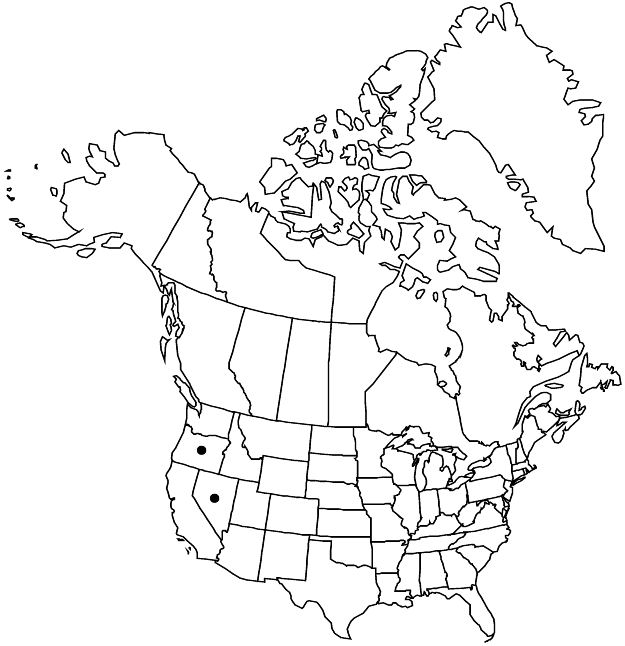familyRosaceae
subfamilyRosaceae subfam. Rosoideae
genusIvesia
sectionIvesia sect. Setosae
speciesIvesia rhypara
varietyIvesia rhypara var. rhypara
Difference between revisions of "Ivesia rhypara var. rhypara"
EndemicConservation concern
Treatment appears in FNA Volume 9. Treatment on page 229.
FNA>Volume Importer |
imported>Volume Importer |
||
| (2 intermediate revisions by 2 users not shown) | |||
| Line 3: | Line 3: | ||
|accepted_authority= | |accepted_authority= | ||
|publications= | |publications= | ||
| + | |special_status={{Treatment/ID/Special_status | ||
| + | |code=E | ||
| + | |label=Endemic | ||
| + | }}{{Treatment/ID/Special_status | ||
| + | |code=C | ||
| + | |label=Conservation concern | ||
| + | }} | ||
|basionyms= | |basionyms= | ||
|synonyms= | |synonyms= | ||
| Line 42: | Line 49: | ||
|publication title= | |publication title= | ||
|publication year= | |publication year= | ||
| − | |special status= | + | |special status=Endemic;Conservation concern |
| − | |source xml=https:// | + | |source xml=https://bitbucket.org/aafc-mbb/fna-data-curation/src/2e0870ddd59836b60bcf96646a41e87ea5a5943a/coarse_grained_fna_xml/V9/V9_347.xml |
|subfamily=Rosaceae subfam. Rosoideae | |subfamily=Rosaceae subfam. Rosoideae | ||
|tribe=Rosaceae tribe Potentilleae | |tribe=Rosaceae tribe Potentilleae | ||
Latest revision as of 22:56, 5 November 2020
Plants (4–)8–30 cm diam. Stems (0.3–)0.4–1.5(–2) dm, usually exceeding leaves by more than 2 cm. Inflorescences 10–60(–100)-flowered, (1–)2–5(–7) cm diam.
Phenology: Flowering summer.
Habitat: Scarcely or cryptically petrophytic in ash tuff bedrock overlain by dry soil and pulverized rubble, in sagebrush communities, sometimes juniper woodlands
Elevation: 1400–1900 m
Discussion
Of conservation concern.
Variety rhypara is known from widely scattered locations in central Malheur and southeastern Lake counties, Oregon, and in northern Washoe, Humboldt, and Elko counties, Nevada. Although not overtly petrophytic, plants are generally associated with crevices in the underlying bedrock (E. M. Clark and W. H. Clark 2003). They might thereby benefit from a more favorable water relationship, allowing them to be in full bloom when most associated species are summer-dormant.
Selected References
None.
Lower Taxa
None.
